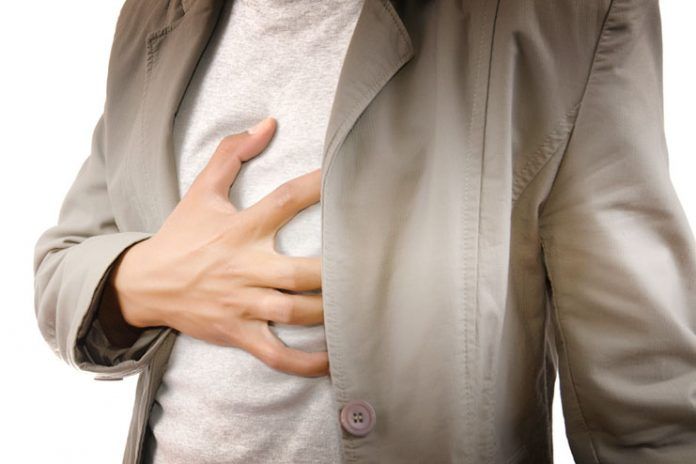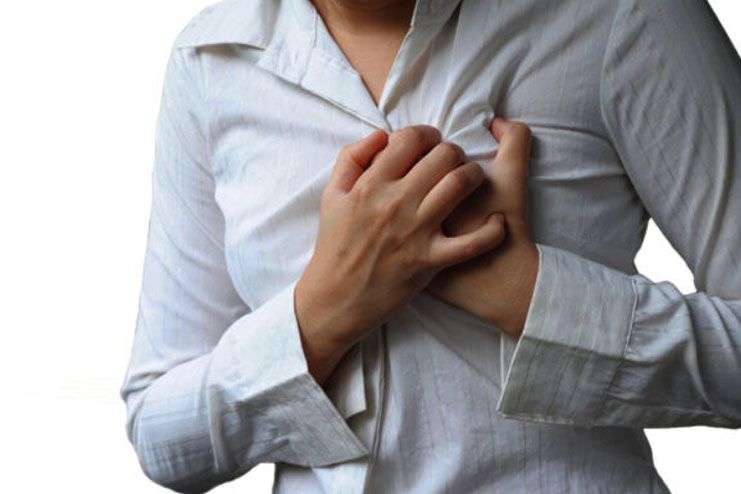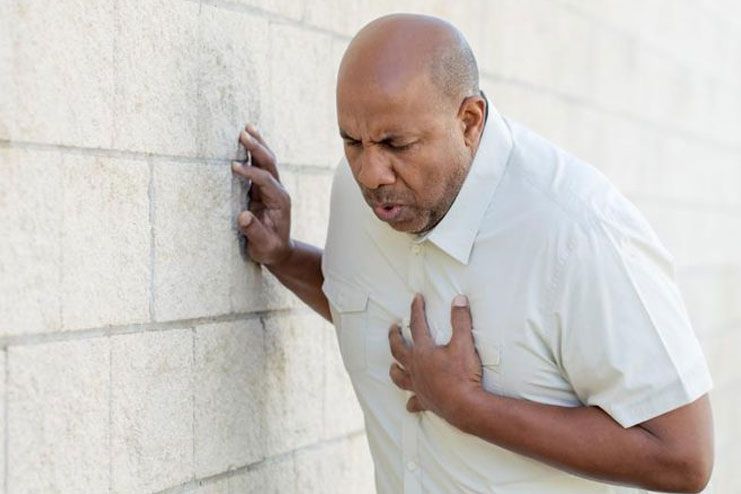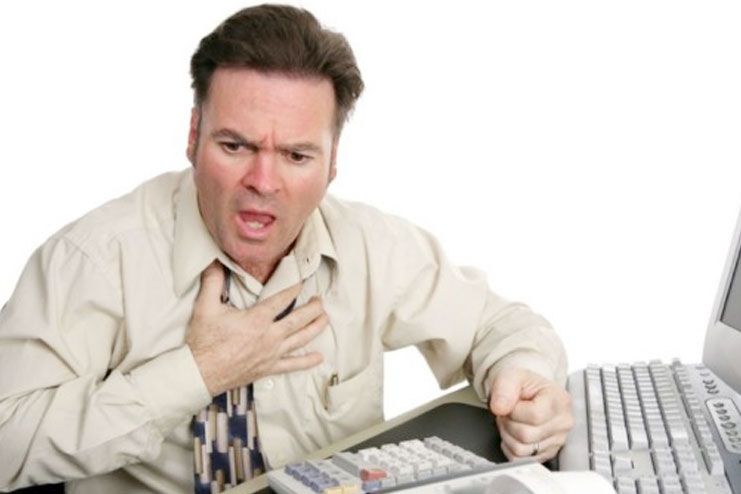Affiliate Disclaimer
Some links in this article are affiliate links. We may earn a small commission if you make a purchase through these links, at no extra cost to you. We only recommend products we find useful to our readersPain and tightness in the chest are one of the common health problems in which the patient requires immediate medical attention. The intensity, duration, location as well as quality differs from person-to-person. You may feel chest tightness, shortness of breath as well as tightness in chest after eating.
The pain might be sharp or just a dull ache. Chest pain or tightness of chest is considered as a severe sign of underlying heart disease. However, there are several other reasons of the tightness of chest that are not considered as life threatening.
Here we have tried to provide all the details about the tightness of chest as well as chest pain from its causes, symptoms as well as different kind of treatments to get rid of this health problem.
What Causes Tightness in Chest?
Tightness in chest or chest pain is always considered as a sign of heart attack. The tightness of chest can be caused due to a wide variety of reasons, even it is certainly a sign of heart attack. Other causes of it might be less serious and are not fatal. However, you should keep in mind that majority of people experience tightness inThe tightness to suffering from heart-related problems.
These heart problems may show serious chest pain symptoms along with chest tightness anxiety as well as tightness in the chest when in water.
Some of the major causes of tightness in the chest due to heart-related diseases are as follows.
- Blockage of blood flow to the heart or heart attack
- Chest pain eruption due to blockages in the blood vessel to your heart which is also known as angina.
- Inflammation of sac around your heart or pericarditis.
- Inflammation of heart muscle or myocarditis
- Disease of the heart muscle which is also known as cardiomyopathy.
- The rare situation appears due to the tear of an aorta, which is a large muscle that comes from the heart. This situation also is known as aortic dissection.
Sometimes tightness of chest is also linked to gastrointestinal diseases. The causes of this chest pain includes,
- Heartburn or acid reflux
- Problems while swallowing due to disorders in esophagus
- Gallbladder or pancreas inflammation
- Gallstones
The problem of the tightness of chest may also appear due to a problem in the lungs. The causes of it are,
- Viral bronchitis
- Pulmonary embolus or a blood clot
- Pneumonia
- Pneumothorax, which is a condition of leaking of air from lungs into the chest.
- Constriction of air passages or the situation of bronchospasm, which is considered highly common in people suffering from asthma as well as diseases related to a pulmonary disease.
Other causes of the tightness of chest which is linked to muscle or bone related problems are.
- Broken or bruised ribs
- Pressure on nerves due to compression fractures
- Chronic pain syndrome or soaring of muscles due to exertion.
Apart from all these, there are various other causes of tightness in chest such as shingles, which is an infection of the skin, as well as nerves, appear after the reactivation of the virus of chickenpox. Panic attacks can also cause chest pain especially due to intense fear when there is not any actual danger.
Frightening Symptoms of Chest Tightness
Pain in the chest is considered as one of the common symptoms of chest tightness. You can also occur some other symptoms of tightness such as pain in the left side of the chest as well as chest pain while breathing.
The symptoms of chest pain or tightness of chest which are linked to heart problems are,
- Arm, back or jaw pain
- Dizziness
- Fatigue
- Nausea
- Chest pressure
- Lightheadedness
- Pain in the abdomen
- Shortness of breath
- Pain while exertion
Symptoms which are linked to other diseases but not the heart problem includes,
- Chills
- Ache
- Fever
- Cough
- Runny nose
- Difficulty in swallowing
- Hyperventilating
- Back pain which comes in from the chest
- Pain along with rash
- Pain after swallowing or eating
- Acidic taste in mouth
- Pain gets worse when you breathe deeply.
Different ways to reduce chest pressure
It is important to take the help from the doctor whenever you face the situation of tightness in the chest for the better chest pain treatment. You may suggest from various tightness in chest pain remedies which may help in reducing tightening of the chest.
Your doctor can also suggest various medications, surgeries as well as various other procedures to treat the condition. All of these depends on the causes as well as the severity of the chest pain.
The treatment of chest tightness which is linked to heart diseases includes,
- Medications which opens up the arteries which are partially closed along with clog-removing drugs as well as blood thinners. Medications such as nitroglycerin may also be suggested.
- The process of opening blocked arteries using balloons as well as stents, which is also known as cardiac catheterization.
- Repairing of arteries surgically, which is also known as bypass surgery or coronary artery bypass grafting.
Apart from this, treatments for chest tightness for other causes are,
- Inserting a chest tube or such device to repair a collapsed lung. This process is also known as lung reinflation.
- Medications such as antacids to eliminate acid reflux or heartburn.
- Chest pain which is caused by panic attacks can be countered through anti-anxiety medicines.
You should always remember that the problem of tightness in the chest can prove life-threatening if it is a sign of any heart disease. Therefore, it becomes highly important to consult with your doctor about the problem of chest tightening as well as chest pain. Chest tightness may also cause due to various other minor health conditions such as anxiety attacks, asthma as well as acid reflux.
Seeking the help from your doctor will help in getting expert health. Your doctor will try to diagnose the diseases by asking you questions such as if your chest pain is new or how long it lasts. You can tell all the important details about the problem you are suffering to your doctor. Doctor may also ask you to undergo some diagnostic tests to make the perfect diagnostic. He may ask for tests such as ECG, blood tests, X-ray, MRI, stress tests as well as echocardiogram.
In this Article
























